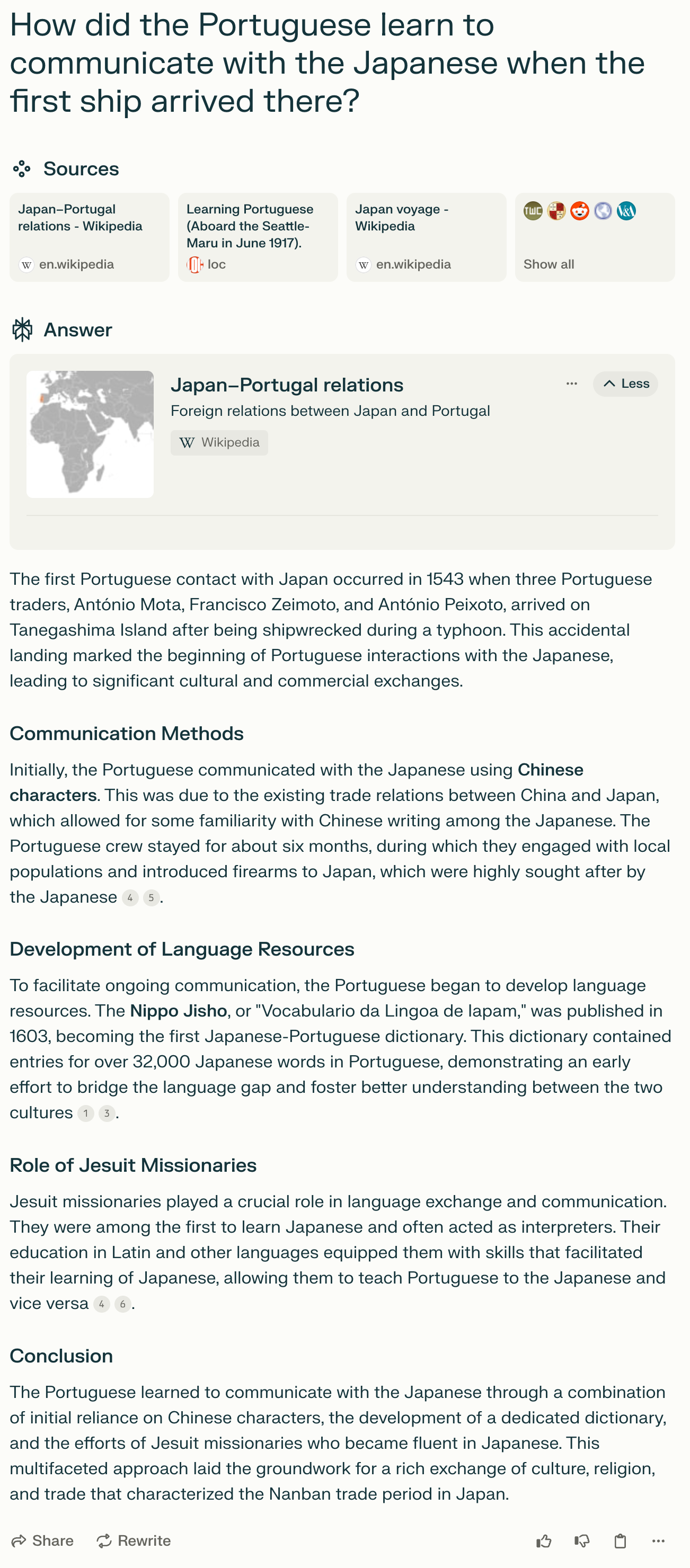My Favorite Software: 2024 Edition
Last year, I published a list of my favorite software, promising to follow up annually with an updated version. This year’s update is shorter for a couple of reasons. First, I’m still using most of the tools from my 2023 list. The one exception is Expo Go, which I’ve stopped using since I’m no longer building mobile apps. Second, the biggest shift in my toolkit reflects a broader trend: my reliance on LLMs and AI tools has grown substantially. These tools have matured remarkably over the past year, becoming indispensable in ways that would have been hard to imagine not long ago.
With that in mind, I’ll focus exclusively on the new additions to my roster. Let’s dive in.
Claude by Anthropic
Claude has become my LLM chatbot of choice, particularly since the release of Claude 3.5 Sonnet and the Artifacts feature. The quality of Sonnet’s output consistently outperformed ChatGPT in my testing, and the Artifacts feature made tinkering with web experiments and live previews both seamless and fun. Additionally, the UI is simply more polished, with a color palette that feels effortlessly pleasant.
The downside? Anthropic has begun aggressively throttling Claude for free users, which is frustrating but perhaps inevitable as demand surges. Still, for those willing to work within these constraints or pay for premium access, Claude stands out as an exceptional tool.
Cursor
Cursor is an AI-infused text editor derived from VSCode, and it has quickly become a favorite. While VSCode paired with GitHub Copilot remains a powerhouse, Cursor’s implementation of LLMs takes productivity to a new level. I was so impressed that I introduced it to my colleagues at Nightfall. To illustrate its capabilities, I rebuilt an internal tool called Lassie using Cursor in just four days. The experience was transformative, showcasing how these tools can dramatically speed up development.
Cursor generates highly usable single-file and multi-file diffs, and it allows users to select their preferred LLM. I’ve set it to Claude 3.5 Sonnet, and the results have been nothing short of amazing. That said, I still use VSCode alongside Cursor because not all my extensions and settings can be imported. VSCode is quickly catching up, releasing features that mimic Cursor’s capabilities. It’ll be interesting to see how long Cursor remains indispensable.
Flighty
Flighty is the gold standard of iOS flight tracking apps. While I’m using the free version, its Pro features are impressive—albeit a bit too expensive for my needs. In the free tier, Flighty requires you to manually add flight details, as it does not pull them from your calendar.
The app displays detailed information about each flight, including the exact aircraft (down to the tail number), aircraft history, gate numbers, and connection information. My favorite feature is the ability to share flight details via text message. Each message includes a tracking link, which is incredibly useful for keeping family members updated. The app also generates a beautiful visualization of your flights on a map and Flighty Passport compiles all your statistics—perfect for aviation geeks like me.
Perplexity
Perplexity has largely replaced Google as my go-to search engine. It’s become my default for about 75% of all searches. The main reason is its ability to handle lengthy, poorly structured queries and return concise, high-quality answers. With Google, I am forced to distill my questions into keyword-friendly inputs and sift through a sea of blue links. Perplexity eliminates this intermediate step, delivering usable results in seconds.
Here’s an example query: While watching the show Shogun on Hulu, I wondered how the Portuguese communicated with the Japanese when their first ship arrived there in the 16th century. A quick query on Perplexity delivered a concise and accurate answer, saving me from multiple clicks and extensive reading.

That said, I do occasionally miss the rabbit holes that Google’s results can lead me down. There’s a sense of accomplishment in piecing together answers manually, but time is a luxury I rarely have. For quick answers, local information, routes, and shopping, I still turn to Google, but Perplexity is catching up fast in these areas. Its ability to streamline research has been a game-changer for me.
Closing Thoughts
Reflecting on 2024, it’s clear that AI is transforming how I work and learn. Tools like Claude, Cursor, and Perplexity aren’t just incremental improvements; they represent a paradigm shift, saving time, unlocking new possibilities, and making tedious tasks effortless. As these technologies continue to evolve, I’m excited to see what 2025 will bring. For now, these tools have earned their place in my daily life, and I couldn’t recommend them more highly.